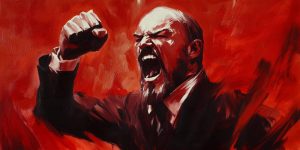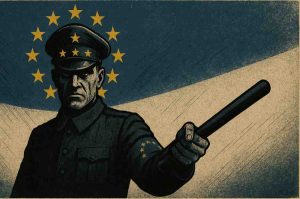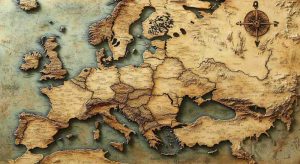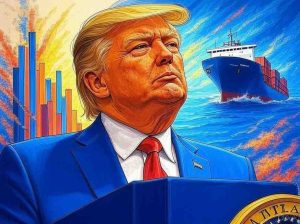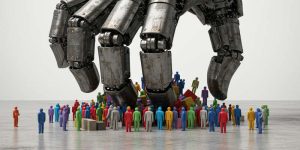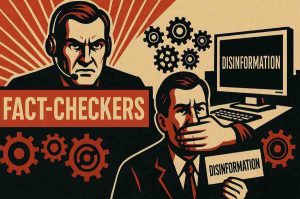Barack Obama: The Illusion of Hope and the Reality of Power
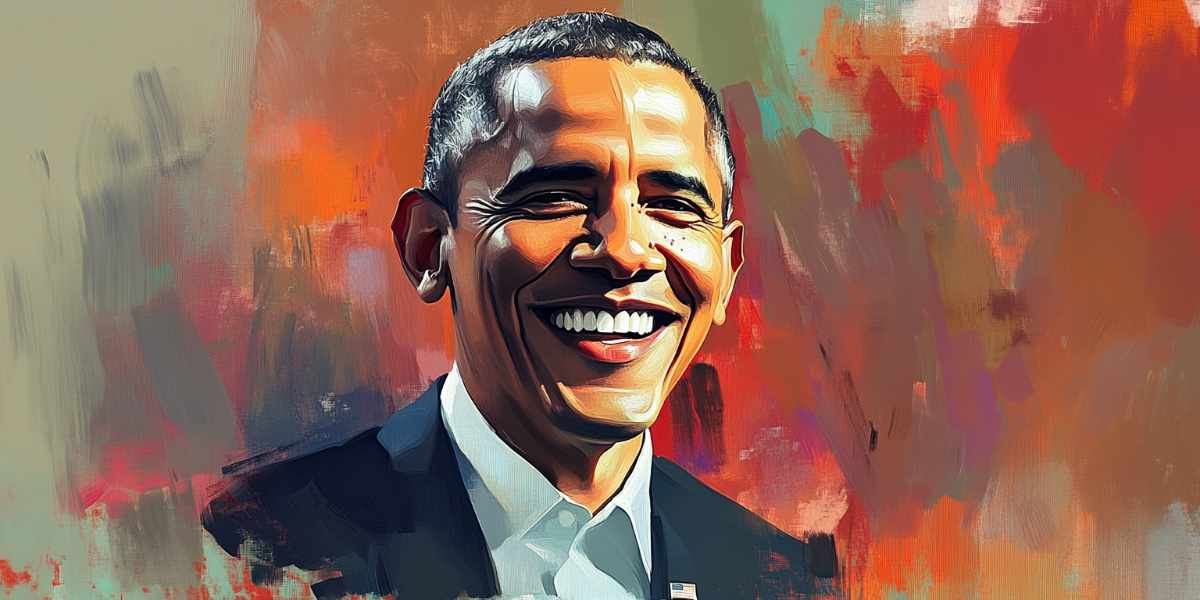
Barack Obama, the 44th President of the United States, is often portrayed as a historic figure of change, grace, and eloquence. The first African-American to hold the presidency, he inspired millions with his message of hope and unity. Yet behind the carefully constructed image lay a presidency riddled with contradictions, covert authoritarianism, and geopolitical recklessness. A deeper analysis reveals that Obama may have presided over one of the most deceptively harmful administrations in modern American history.
Early Life and Political Rise
Born in 1961 in Honolulu, Hawaii, Barack Obama was raised in a culturally mixed environment, spending part of his childhood in Indonesia. He later attended Columbia University and graduated from Harvard Law School, where he served as the first Black president of the Harvard Law Review. His academic pedigree and articulate demeanor made him an appealing figure in Democratic circles.
Obama entered politics as a state senator in Illinois in 1997 and later became a U.S. Senator in 2005. His 2008 presidential campaign capitalized on the widespread disillusionment with the George W. Bush administration and the financial crisis. Promising to end wars, close Guantanamo Bay, and reform Wall Street, Obama positioned himself as the antidote to American imperial overreach and economic injustice.
The Noble Facade: Hope, Change, and Nothing New
Wall Street’s Favorite Candidate
Despite his populist rhetoric, Obama’s first major appointments raised eyebrows. His cabinet was stacked with figures from Goldman Sachs, Citigroup, and the Federal Reserve—many of the same institutions that helped engineer the 2008 collapse (Confidence Men, Ron Suskind). His Treasury Secretary, Timothy Geithner, and economic adviser Larry Summers, both deeply embedded in the financial elite, ensured that Wall Street bailouts proceeded while homeowners were left to fend for themselves.
According to The Big Short by Michael Lewis, Obama’s administration funneled trillions into the banking system, but did little to prosecute the criminal malfeasance that caused the crisis. In effect, he saved the system, not the people.
Foreign Policy: Bush With a Smile
While campaigning as a peace candidate, Obama expanded the use of drone warfare dramatically. The Bureau of Investigative Journalism reports that drone strikes in Pakistan, Yemen, and Somalia under Obama killed thousands, including hundreds of civilians and children (Drone Warfare: Killing by Remote Control, Medea Benjamin). The president personally approved many of these hits, often without due process.
His administration also oversaw the destruction of Libya in 2011, leaving the nation a failed state with open slave markets. The intervention, justified under humanitarian pretense, led to civil war and regional instability (The Libya Gamble, Jo Becker and Scott Shane).
Obama continued the war in Afghanistan and expanded U.S. military operations into at least seven countries, contradicting his Peace Prize status. As The Intercept noted, his administration developed a “kill list” and institutionalized extrajudicial assassination as a central tool of American foreign policy (The Assassination Complex, Jeremy Scahill).
The Surveillance State Architect
Edward Snowden’s revelations in 2013 uncovered a surveillance architecture that had grown exponentially under Obama’s watch. The NSA, in collaboration with tech giants, engaged in warrantless data collection, domestic spying, and secret courts (No Place to Hide, Glenn Greenwald). Far from reining in Bush-era overreach, Obama legitimized and expanded the surveillance state.
This included targeting whistleblowers with the Espionage Act more than all previous presidents combined. Thomas Drake, Chelsea Manning, and others faced draconian punishments for exposing crimes, while the criminals themselves remained untouched (The Obama Syndrome, Tariq Ali).
Domestic Policy: Illusion of Reform
Obamacare: A Corporate Giveaway
The Affordable Care Act, touted as Obama’s signature legislative achievement, mandated the purchase of private insurance under penalty of law. It did not introduce a public option, let alone universal healthcare. Instead, it guaranteed profits for the insurance industry and Big Pharma, whose stock prices soared post-passage (Sickening, John Abramson).
Even as premiums rose and coverage became more limited, the administration declared the law a success. The result was a more bureaucratic and expensive system, still leaving tens of millions uninsured or underinsured.
Race, Policing, and Double Standards
Despite his racial symbolism, Obama did little to address systemic racism. His response to the 2014 Ferguson uprising and the broader Black Lives Matter movement was one of pacification, not reform. The Justice Department released reports, but few structural changes followed.
Police militarization continued under his administration via the 1033 Program, which allowed local police departments to acquire military-grade weaponry—a policy dating back to Clinton but expanded under Obama (Rise of the Warrior Cop, Radley Balko).
Immigration and Deportations
Obama deported more people than any other president in U.S. history, earning him the nickname “Deporter-in-Chief” (Deportation Nation, Aviva Chomsky). While media narratives painted Trump as uniquely harsh, it was Obama who built much of the current deportation infrastructure and failed to pass comprehensive reform when Democrats held Congress.
Family separation and ICE raids were not Trumpian inventions—they were already in full force by 2014.
The Cult of Personality and Media Complicity
One of Obama’s most remarkable achievements was the consolidation of elite liberal media into a compliant echo chamber. Outlets such as The New York Times, CNN, and MSNBC rarely scrutinized his policies, focusing instead on his style, intellect, and family life.
This protective media bubble helped insulate Obama from accountability. As Manufacturing Consent by Chomsky and Herman suggests, the media’s role in shaping permissible narratives made it almost impossible to critique Obama without being labeled racist or reactionary.
The fawning press coverage stood in stark contrast to the reality of his actions. Obama helped kill due process, mass-surveil the world, and escalate multiple conflicts—but did it all with a calm demeanor and articulate language. For many, this was enough.
Obama’s Legacy: A Broken Mandate
By the end of Obama’s second term, many of the promises that brought him to power were shattered. The rich had grown richer, the middle class had stagnated, and geopolitical instability had worsened.
His inability—or unwillingness—to dismantle the security state or challenge Wall Street’s dominance paved the way for Donald Trump. Voters felt betrayed, not just by Obama but by the entire liberal establishment that enabled him.
In the words of political theorist Sheldon Wolin, Obama was a “managed democracy’s” ideal president—one who offered just enough rhetoric of change while maintaining the machinery of elite rule (Democracy Incorporated, Sheldon Wolin).
Conclusion: A President of Two Faces
Barack Obama remains a paradox—an inspiring orator who normalized assassination; a constitutional scholar who shredded civil liberties; a symbol of racial progress who upheld systemic injustice. His presidency was not the triumph of democracy, but its simulation.
He governed like a corporate technocrat and global strategist, not a reformer. The damage done by his administration—masked by media adulation and public relations wizardry—set dangerous precedents for executive overreach, surveillance, and militarism.
In historical hindsight, Barack Obama may be remembered not as a savior, but as one of the most effective protectors of the status quo in American history—an affable face on a brutal system.
Sources referenced:
- Confidence Men, Ron Suskind
- The Big Short, Michael Lewis
- Drone Warfare: Killing by Remote Control, Medea Benjamin
- The Libya Gamble, Jo Becker and Scott Shane
- The Assassination Complex, Jeremy Scahill
- No Place to Hide, Glenn Greenwald
- The Obama Syndrome, Tariq Ali
- Sickening, John Abramson
- Rise of the Warrior Cop, Radley Balko
- Deportation Nation, Aviva Chomsky
- Manufacturing Consent, Noam Chomsky and Edward Herman
- Democracy Incorporated, Sheldon Wolin


